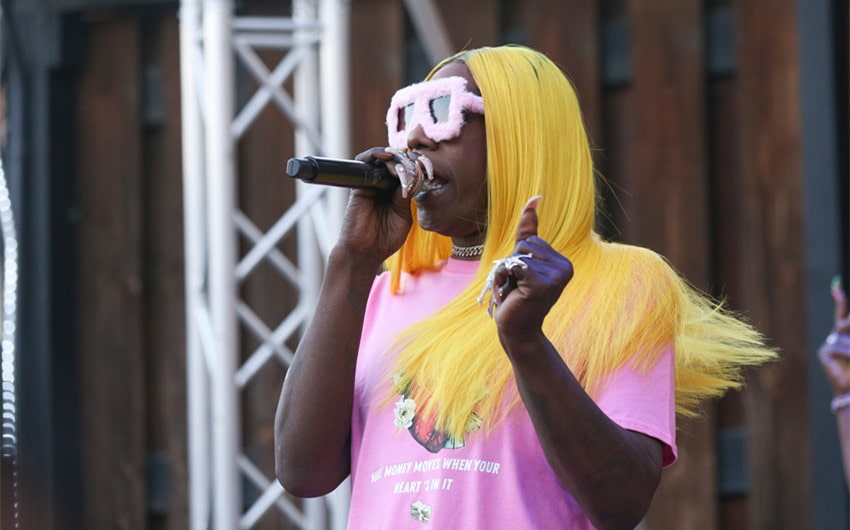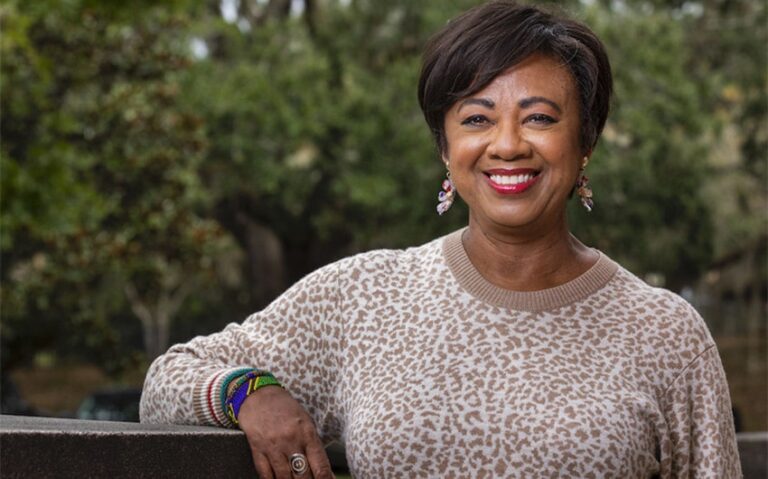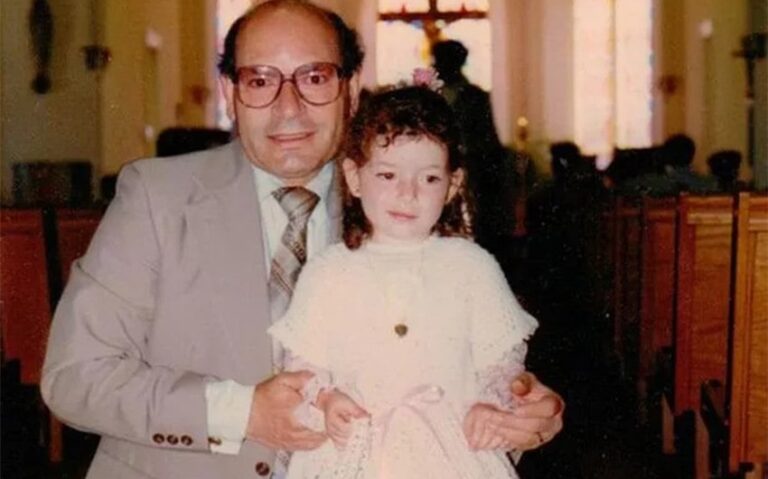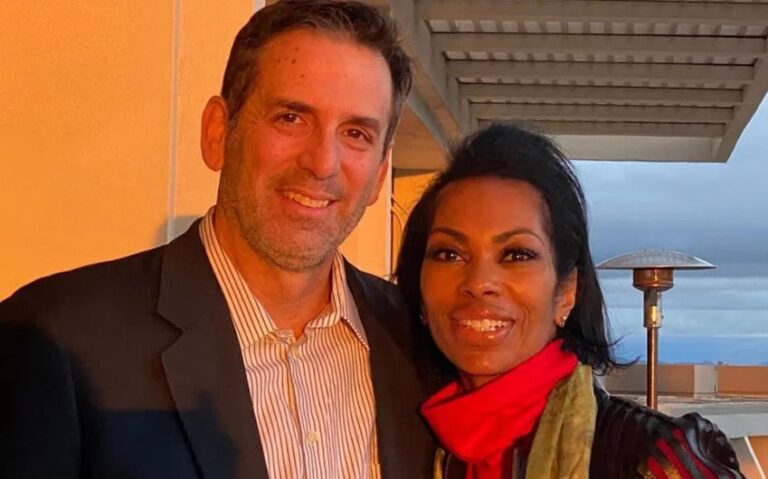Big Freedia Net Worth: How the Queen of Bounce Built Her Fortune
Fans of hip-hop and bounce music often ask about Big Freedia’s net worth, eager to understand how the New Orleans icon has transformed her talent into a lasting career. Big Freedia, born Freddie Ross Jr., is widely recognized as the “Queen of Bounce,” a title that represents not only her mastery of the genre but also her dedication to bringing bounce music to global audiences. Her financial success is the result of decades of hard work, music releases, live shows, television projects, and collaborations with some of the biggest stars in the music industry. While numbers can only tell part of her story, her journey reveals how authenticity, perseverance, and talent can build both cultural impact and financial stability.
Who Is Big Freedia?
Big Freedia was born in 1978 in New Orleans, Louisiana, a city known for its vibrant musical traditions. Raised in a neighborhood deeply influenced by gospel and rhythm, she began singing in church choirs before discovering the raw, high-energy sound of bounce music. Bounce, a subgenre of hip-hop that originated in New Orleans, is characterized by its uptempo beats, call-and-response style, and its association with dance.
In the late 1990s and early 2000s, Big Freedia began performing locally, quickly gaining attention for her commanding stage presence and ability to energize crowds. She was unapologetically herself from the very beginning, using her platform to express her identity and encourage inclusivity. As her reputation grew, she earned the title “Queen of Bounce,” symbolizing her role as the face of the genre.
Her breakthrough to mainstream audiences came in the 2010s, when she began appearing on television and collaborating with major stars. Yet even as her fame spread, she remained rooted in New Orleans and dedicated to preserving the essence of bounce music.
Big Freedia’s Career Highlights
Big Freedia’s career is defined by a series of high-profile milestones that have steadily increased both her influence and her wealth. One of her early successes was the release of independent albums and singles that resonated with local fans. As bounce music began to gain recognition outside of New Orleans, Big Freedia was at the forefront, helping introduce the sound to broader audiences.
Her work with Beyoncé catapulted her into the global spotlight. Big Freedia’s voice can be heard on Beyoncé’s 2016 track “Formation,” a song that became an anthem of empowerment and cultural pride. She was also featured on Drake’s 2018 hit “Nice for What,” another chart-topping track that incorporated her signature bounce style. These collaborations not only gave her international recognition but also added significantly to her income through royalties and exposure.
In addition to collaborations, Big Freedia built her brand with a television series, Big Freedia: Queen of Bounce, which aired on Fuse from 2013 to 2017. The show gave audiences an inside look at her life, career, and the bounce music scene in New Orleans. It was both a cultural milestone and a financial boost, as it expanded her fan base and created new revenue streams.
Her live performances also remain a major highlight. Big Freedia is known for her electrifying stage shows, where the energy is infectious, and the crowds are invited to participate in the call-and-response tradition of bounce. Touring across the United States and internationally, she has built a reputation as one of the most engaging live performers in hip-hop.
Sources of Income
Big Freedia’s net worth is built on diverse income streams that reflect her versatility as an artist and entrepreneur.
Music Sales and Streaming: As an artist with multiple albums, singles, and collaborations, she earns royalties from digital streaming platforms, album sales, and licensing deals. Collaborations with Beyoncé and Drake brought significant attention and ensured steady revenue from global audiences.
Live Performances: Touring is one of the most lucrative aspects of her career. Big Freedia’s shows consistently draw large crowds, both in New Orleans and worldwide. Ticket sales, merchandise, and festival appearances contribute heavily to her income.
Television Projects: Her reality series, Big Freedia: Queen of Bounce, added both income and visibility. Additional television appearances, including guest spots on talk shows and music programs, further boost her profile.
Collaborations and Features: Working with mainstream artists not only increases her credibility but also ensures long-term royalties from high-performing songs.
Business Ventures and Endorsements: Like many modern entertainers, Big Freedia has leveraged her brand into entrepreneurial ventures. From partnerships with food companies to merchandise sales, she has diversified her portfolio beyond music.
By combining these streams, Big Freedia has built a financial foundation that reflects both her artistry and her business acumen.
Estimated Net Worth
Estimates of Big Freedia’s net worth vary depending on the source, but most reports place her fortune in the range of $4 million to $5 million as of recent years. This figure includes her music royalties, television earnings, touring income, and entrepreneurial ventures.
While her net worth may not rival that of some of the mainstream megastars she has collaborated with, it represents a significant achievement for an artist who began in a local scene that was often overlooked by the industry. Moreover, her influence has created opportunities for bounce music as a whole, which in turn adds to her legacy.
It is also important to note that her net worth is likely to grow as she continues to perform, collaborate, and expand her brand. With streaming platforms ensuring that her music reaches audiences around the world, and with her reputation as a live performer intact, her financial trajectory remains positive.
Beyond Money: Big Freedia’s Cultural Impact
While Big Freedia net worth is an interesting measure of her success, her true value lies in her cultural impact. She has been instrumental in bringing bounce music—a genre once confined to New Orleans nightclubs—into mainstream consciousness. Through her performances and collaborations, she has ensured that bounce has a seat at the global table of hip-hop and popular music.
Her influence extends beyond music. Big Freedia has been a trailblazer for LGBTQ+ representation in hip-hop, a space that has not always been welcoming to queer artists. By being unapologetically herself, she has challenged stereotypes and opened doors for others to follow. Her advocacy for inclusivity and self-expression resonates with fans worldwide, making her not only an artist but also a role model.
She has also influenced fashion, dance, and performance art. The twerking phenomenon, which became a cultural sensation in the 2010s, owes much to the bounce scene that Big Freedia championed. In this way, her legacy is woven into broader cultural trends that extend far beyond her financial wealth.







